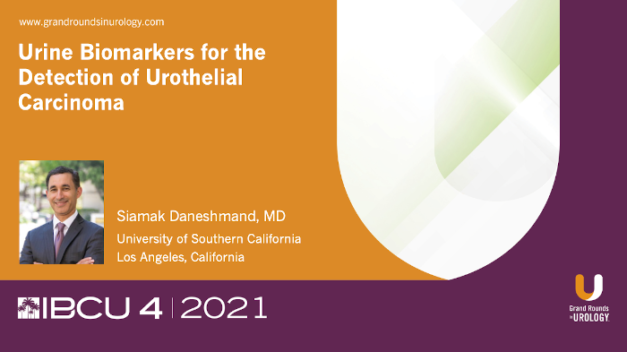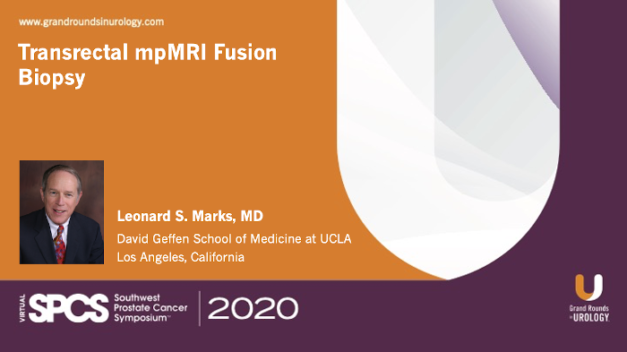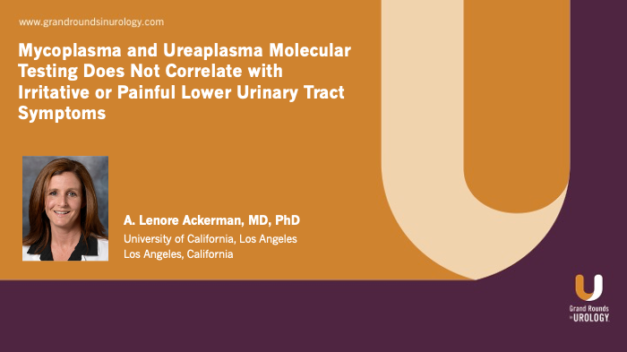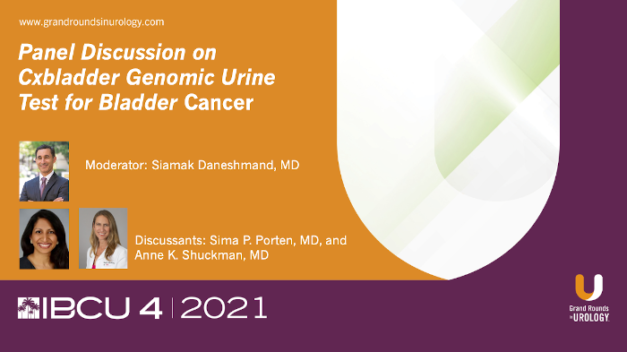Urine Biomarkers for the Detection of Urothelial Carcinoma
Siamak Daneshmand, MD, Associate Professor of Urology and Director of Clinical Research at the University of Southern California discusses the ability of urinary markers to rule out bladder cancer and decrease the frequency of and need for cystoscopy and cytology. He goes over the limitations and adverse effects of cystoscopy and cytology before summarizing the findings of several studies looking at different urinary biomarkers for bladder cancer, including Cxbladder, Bladder EpiCheck, Bladder CARE™, and Decipher Bladder.
Read More



